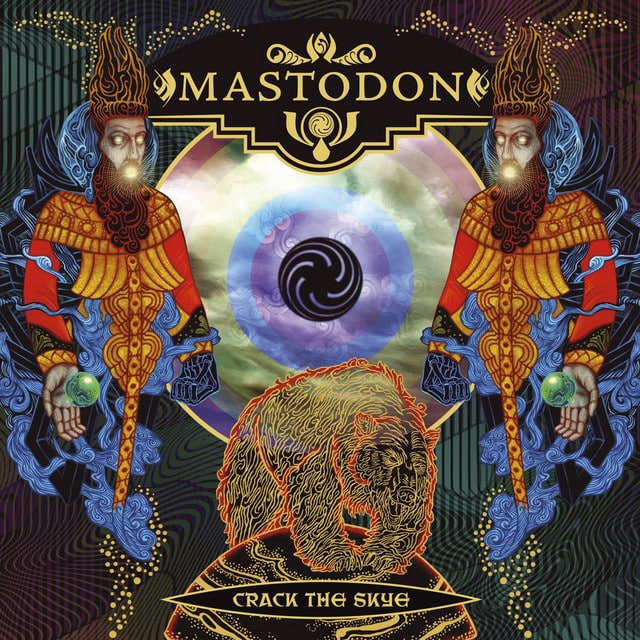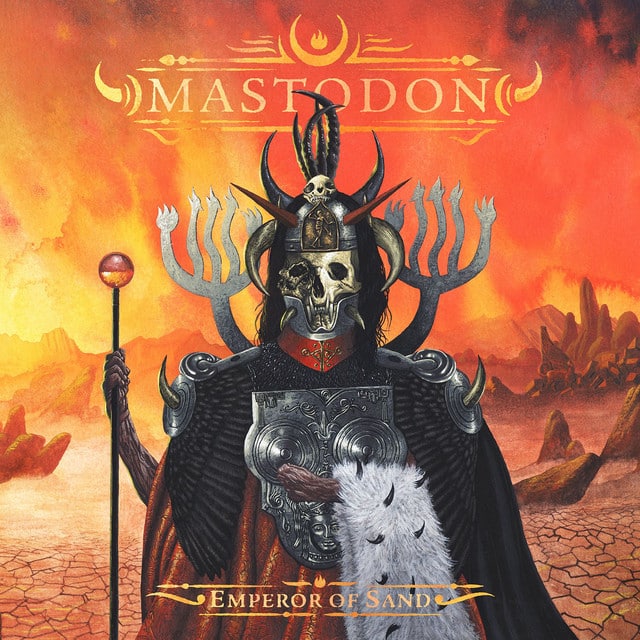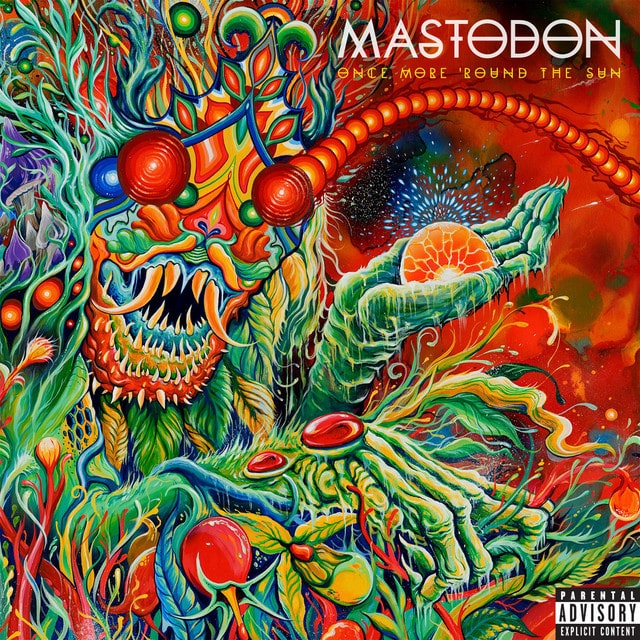Released: 2009
“Oblivion” by Mastodon is a thunderous journey through regret, disconnection, and a quest for redemption that goes awry. The lyrics paint a vivid picture of someone who has ventured too far – both metaphorically and literally – and is now grappling with the consequences of their actions, enveloped in a sense of inescapable isolation.
The opening lines, “I flew beyond the sun before it was time/Burning all the gold that held me inside my shell,” immediately set up a narrative of overreach and the burning away of one’s safeguards or grounding elements (“the gold”) in pursuit of something unattainable or forbidden. This “flying too close to the sun” motif echoes the myth of Icarus, suggesting a fall from grace or a punishment for hubris. The protagonist seems to acknowledge a disconnect from something or someone essential (“Waiting for you to pull me back in”), hinting at a deep-seated yearning for reconnection or salvation that remains just out of reach.
As the song progresses, “Lost love, bright eyes fading/Faster than stars falling” evokes a sense of irreversible loss and the dimming of hope or vitality. This is someone watching the disintegration of something once vibrant and full of potential, perhaps a love or a dream, slipping away faster than they can comprehend or counteract. The repeated confession, “How can I tell you that I’ve failed? Tell you I failed,” speaks to a profound feeling of defeat and guilt, wrestling with the weight of letting down those who had faith in them.
The chorus, “Falling from grace/Cause I’ve been away too long/Leaving you behind/With my lonesome song/Now I’m lost in oblivion,” is a heartrending admission of the chasm that has formed due to the protagonist’s choices or actions. There’s a palpable sense of self-awareness and remorse for the isolation (“lost in oblivion”) their actions have caused, not just internally but also in the distance it’s created between them and their loved ones (“Leaving you behind”).
The latter verses and repetitions of the chorus deepen the narrative of self-imposed exile and the consequences of one’s actions, with imagery of physical self-harm or sacrifice (“Breaking all the fingers and the nails from my hand”) and the innocence lost or ignored along the way (“The eyes of the child see no wrong/Ignorant bliss, impending doom”). This paints a broader picture of someone who has not only lost their way but is actively paying the price for their choices, struggling with the recognition of their fall from grace and the longing for a return to innocence or redemption that may never come.
In essence, “Oblivion” by Mastodon is a powerful exploration of human folly, the pain of realization when it’s too late, and the haunting solitude of bearing the consequences of one’s actions. The song resonates as a cautionary tale, wrapped in heavy riffs and cathartic vocalizations, about the dangers of overreaching and losing sight of what truly anchors us to our humanity.






